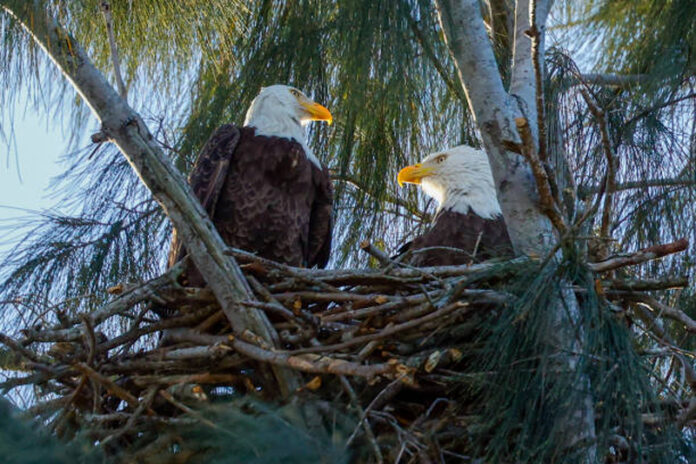Last of two parts
The Exceptions: When Monogamy Breaks Down
Despite the benefits of monogamy, there are exceptions to the rule. In some species, environmental factors or social dynamics can influence the stability of pair bonds. For instance, limited resources or the presence of competitors can lead to the breakdown of monogamous relationships.
As mentioned in the article, “Monogamous Animals,” by National Geographic, wolves are typically monogamous, forming strong pair bonds that last for several years. However, in areas with limited prey or high competition, wolves may engage in extra-pair copulations or even dissolve their pair bonds altogether.
The Mystery of Animal Love
The question of whether animals experience love in the same way humans do remains a topic of debate. While it is impossible to fully understand the subjective experiences of other species, the enduring bonds and affectionate behaviors observed in monogamous animals suggest a level of emotional connection that goes beyond simple biological drives.
As noted in the article “Do Animals Fall in Love” by Discover Magazine, prairie voles exhibit strong pair bonds and display affectionate behaviors towards their mates, such as grooming and cuddling. These behaviors suggest a level of emotional attachment that could be interpreted as love, though the exact nature of their feelings remains a mystery.
The complexity of love, with its multifaceted nature, makes it difficult to define and even more challenging to attribute to other species. While humans express love through a range of emotions, including passion, intimacy, and commitment, animals may express these feelings differently.
The prairie vole’s affectionate behaviors, while seemingly indicative of love, could also be attributed to other factors, such as territoriality or the need for social bonding. Further research is needed to understand the underlying motivations behind these behaviors and to determine if they truly represent a form of love similar to that experienced by humans.
The study of animal behavior, particularly in the context of monogamous relationships, provides valuable insights into the complexities of social interactions and the potential for emotional connections in the animal kingdom. While the concept of animal love remains elusive, the evidence suggests that some animals may experience a level of emotional attachment that goes beyond basic survival instincts.
The phenomenon of monogamy in the animal kingdom is a testament to the diverse and complex social dynamics that shape the natural world. From the enduring bonds of albatrosses to the affectionate behaviors of prairie voles, monogamy offers a glimpse into the intricate relationships that exist between animals, highlighting the importance of social bonds and the enduring power of commitment.
About the Author: Mariana Burgos is a freelance artist, writer, and tutor. She has been a solo parent for 17 years now because she is the wife of Jonas Burgos, a Filipino desaparecido. She and her daughter are animal lovers and are active in advocating not only human rights but the rights of animals as well.









